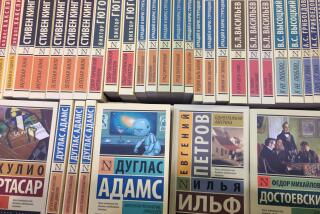From boycotting Olympics to expelling spies, spats between Washington and Moscow go way back
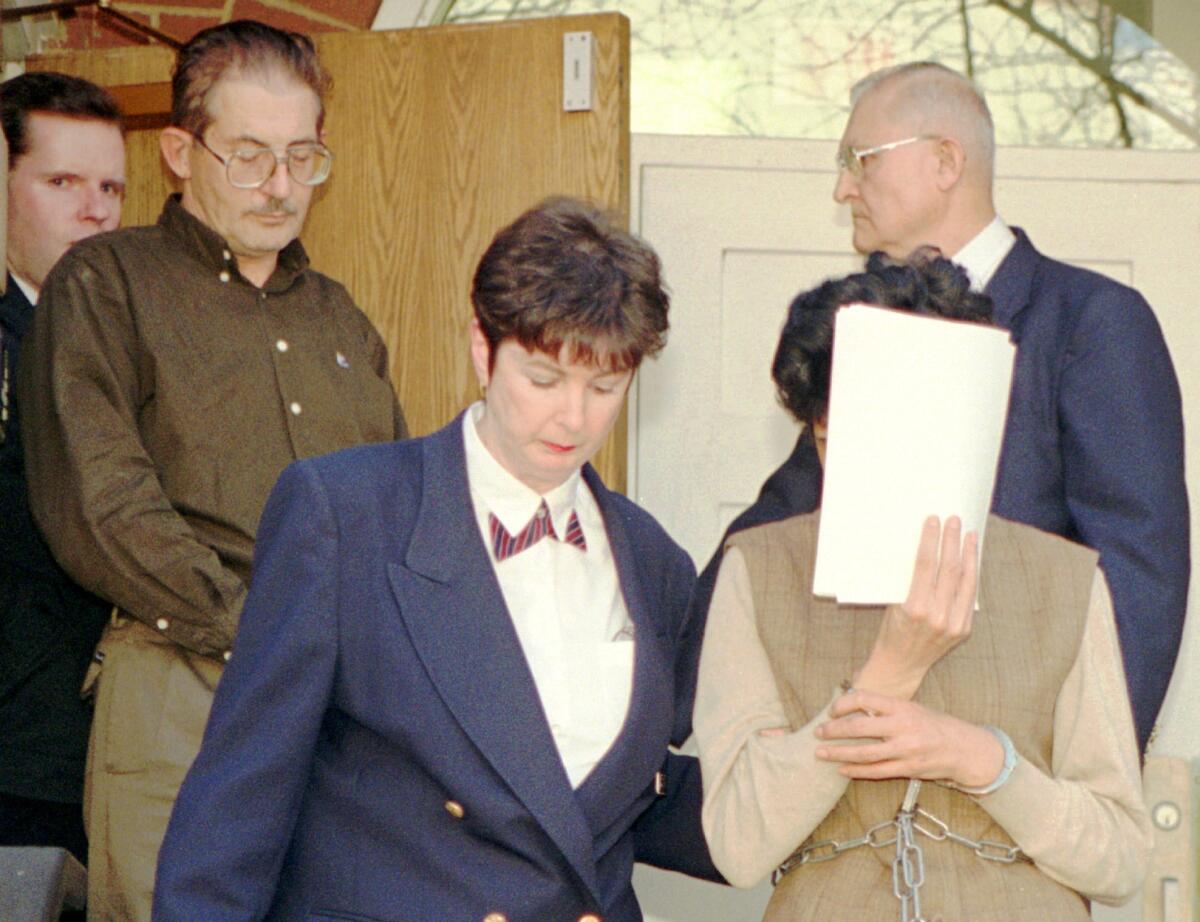
- Share via
Reporting from WASHINGTON — U.S. relations with Moscow during and after the Cold War have been marred by diplomatic dust-ups ranging from espionage scandals to an Olympic boycott.
Current tensions, highlighted by President Obama’s decision to impose sanctions and expel 35 Russian diplomats, is exceptional because it stems from U.S. intelligence findings of Russian electronic meddling in the presidential election and because it is playing out during a White House transition. It also coincides with a collapse of military-to-military relations and nervousness in Europe over Russia’s annexation of Crimea and intervention in eastern Ukraine.
Some of the more significant episodes of the last four decades:
May 2013
A U.S. diplomat was expelled by Russia after the Kremlin’s security services said he tried to recruit a Russian agent, and they displayed tradecraft tools that seemed straight from a spy thriller: wigs, packets of cash, a knife, a map and compass, and a letter promising millions of dollars for “long-term cooperation.”
The FSB, the domestic successor agency to the Soviet-era KGB, identified the diplomat as Ryan Christopher Fogle, a third secretary at the U.S. Embassy in Moscow.
The Fogle case was a reminder that years after the Cold War ended with the dissolution of the Soviet Union, Russia and the United States still spy on each other and maintain active counterespionage operations.
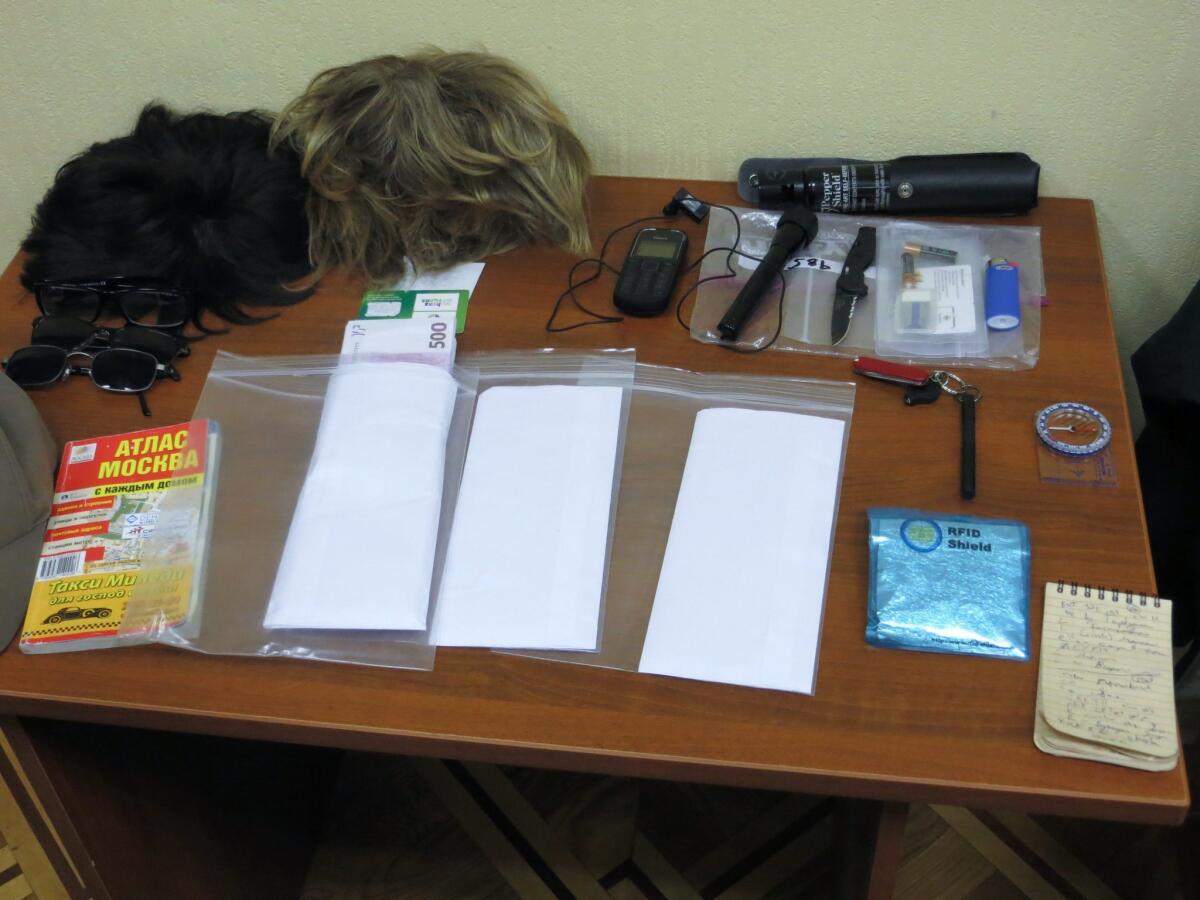
December 2012
President Vladimir Putin signed into law a ban on adoptions of Russian children by U.S. citizens. The ban was a blow to U.S.-Russian diplomatic relations and was imposed in response to Russian accusations of abuses of adopted Russian children in the United States. It was included in a broader Russian law retaliating for U.S. passage of the Magnitsky Act, an effort to punish Russian human rights violators.
July 2010
In the biggest spy swap since the Cold War, 10 confessed Russian agents who infiltrated U.S. suburbs as “sleeper” agents were deported in exchange for four people convicted of betraying Moscow to the West.
The agents, many speaking in heavy Russian accents despite having spent years in the U.S., pleaded guilty to conspiracy, were sentenced to time served and ordered out of the country. The 10 were accused of embedding themselves in ordinary American life while leading double lives, complete with false passports, secret code words, fake names and encrypted radio.
February 2001
A veteran FBI counterintelligence agent, Robert P. Hanssen, was arrested and charged with committing espionage for the Soviet Union and Russia by providing highly classified national security information to intelligence officers assigned to the Soviet-Russian Embassy in Washington. In the aftermath, the U.S. expelled 50 Russian diplomats. The FBI has called Hanssen the most damaging spy in the bureau’s history.
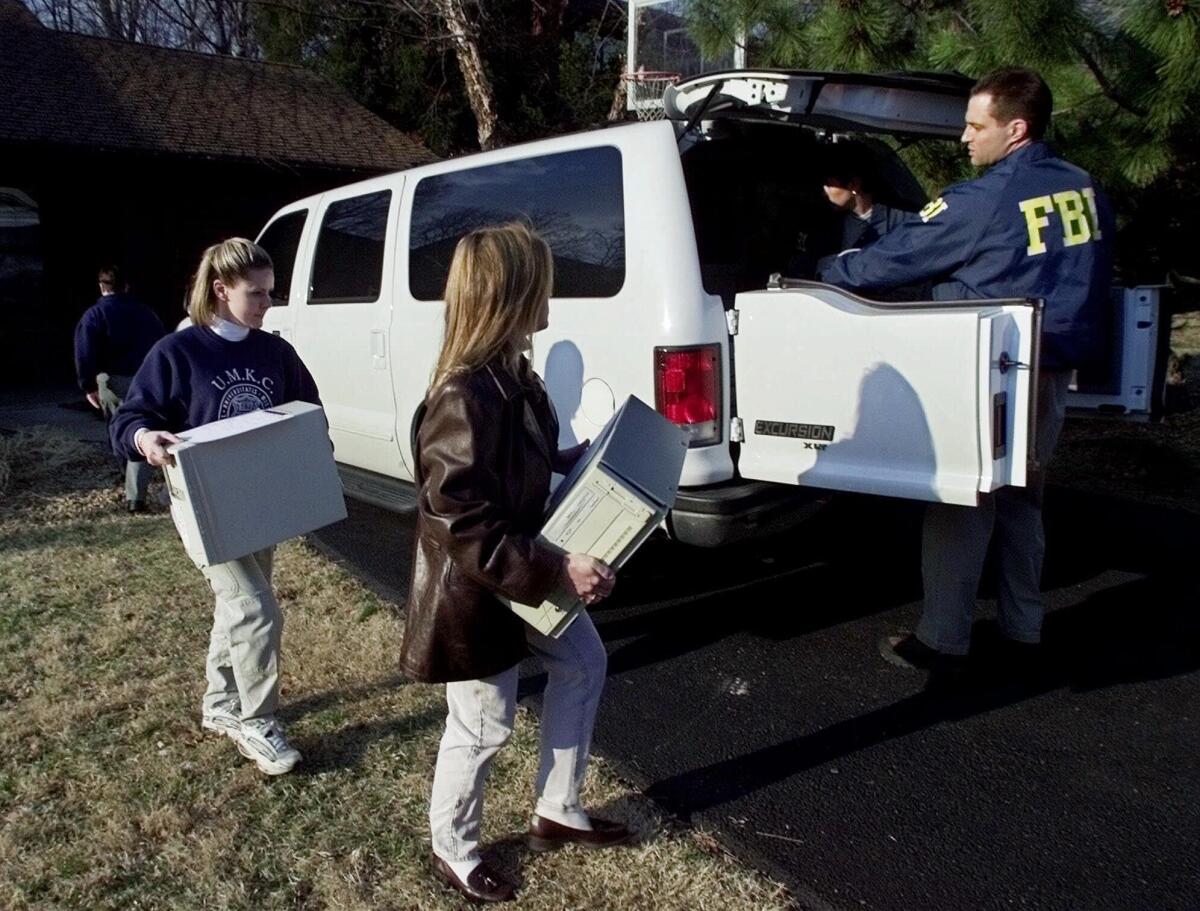
February 1994
The U.S. expelled Russian senior intelligence officer Alexander Lysenko, saying he was in a position to be responsible for the spying of CIA agent Aldrich Ames. This was just days after Ames and his wife, Rosario, were arrested on charges of selling secrets to Moscow from at least 1985 to 1993.
Even in expelling Lysenko, the Clinton administration softened the blow by emphasizing the importance of strong ties with Russia and the continuation of reforms under Boris Yeltsin, whom the U.S. viewed as key to Russia’s move toward democracy.
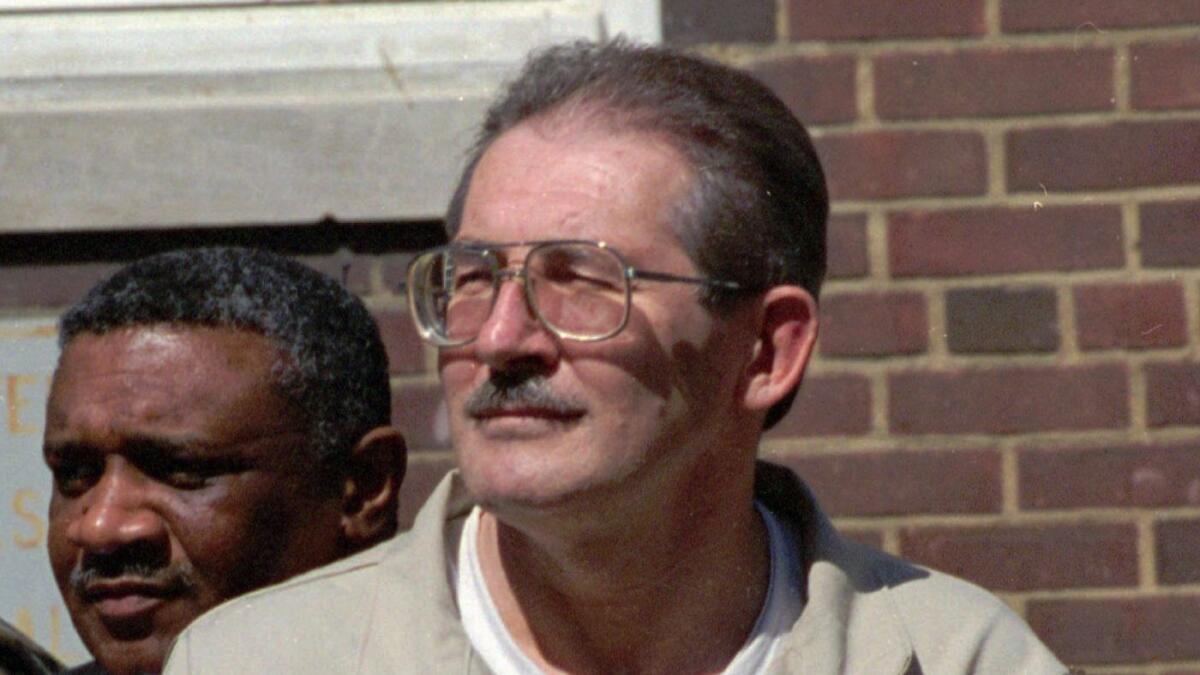
October 1986
In one of the more memorable tit-for-tat expulsions for alleged espionage activities, President Reagan ordered 55 Soviet diplomats in Washington and San Francisco to leave the U.S., shortly after expelling 25 others from the Soviet mission to the United Nations. The Soviets retaliated each time, kicking out American diplomats and announcing that the U.S. missions in Moscow and Leningrad could no longer employ Soviet workers.
March 1980
In response to the Soviet invasion of Afghanistan in December 1979, President Carter announced the United States would boycott the 1980 Summer Olympic Games to be held in Moscow. He acted after the Soviets refused to comply with his ultimatum for the withdrawal of their troops from Afghanistan by February.
The Soviets retaliated by leading a communist-bloc boycott of the 1984 Summer Olympic Games in Los Angeles. The Soviet army did not leave Afghanistan until 1989.
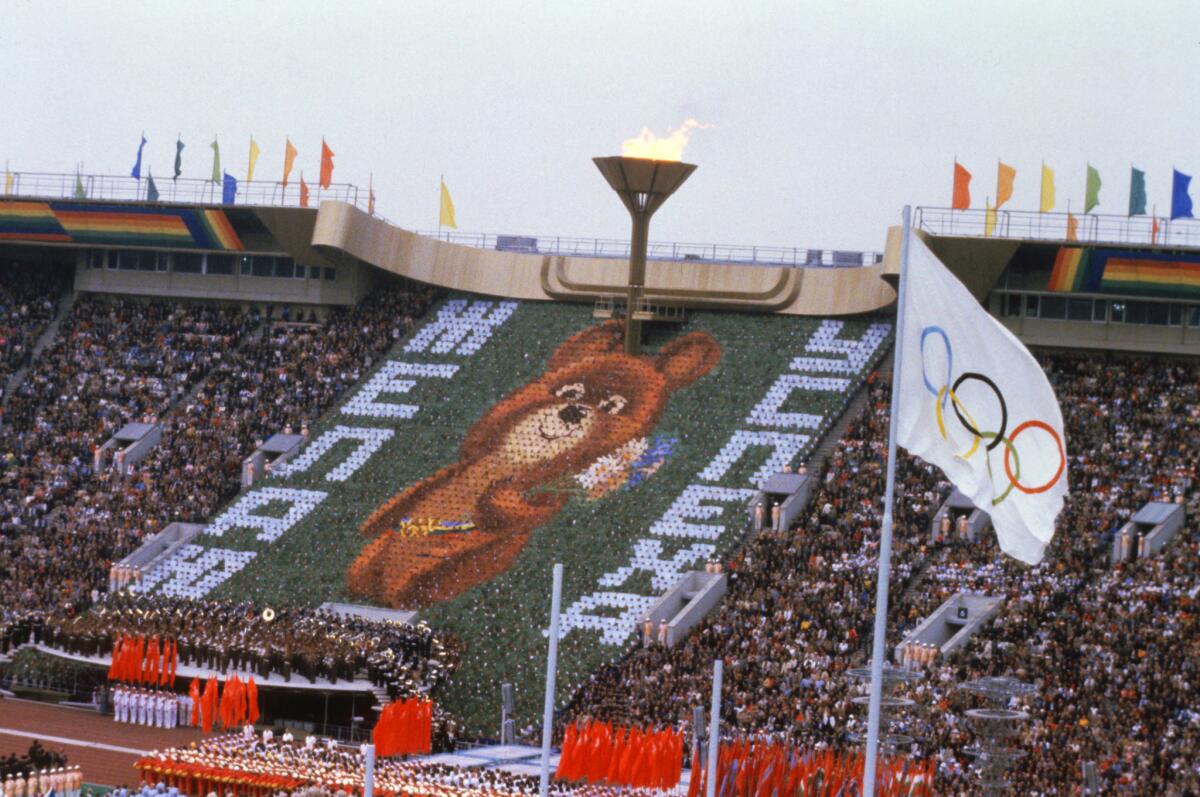
ALSO
Russian malware found at Vermont electric utility
Bought during the Cold War, Russian mansions accused of housing spies in the U.S.
In policy shift, New York Police Department to allow beards, turbans for religious officers
More to Read
Sign up for Essential California
The most important California stories and recommendations in your inbox every morning.
You may occasionally receive promotional content from the Los Angeles Times.

